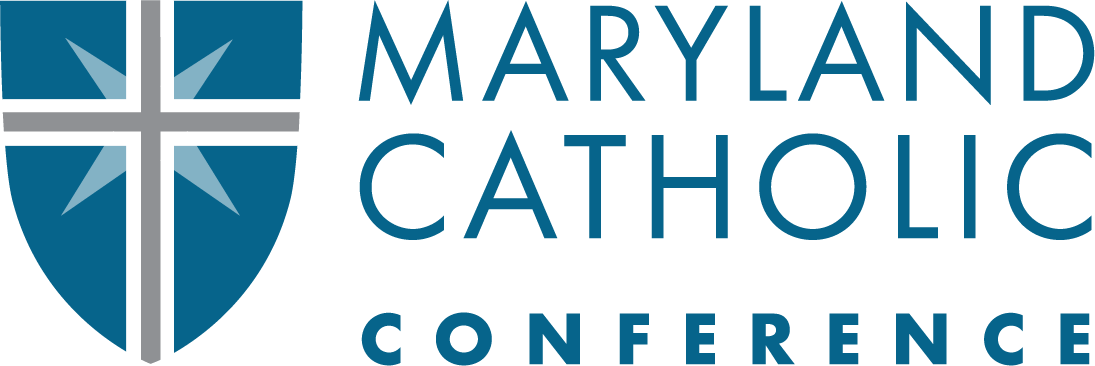Favorable
Committee: Judicial Proceedings
SB 0636
The Maryland Catholic Conference offers this testimony in support of Senate Bill 636. The Catholic Conference is the public policy representative of the three (arch)dioceses serving Maryland, which together encompass over one million Marylanders. Statewide, their parishes, schools, hospitals and numerous charities combine to form our state’s second largest social service provider network, behind only our state government.
Senate Bill 636 establishes the Commission to Study the Ability of the Department of Juvenile Services (DJS) to Provide Effective Social Services to Juvenile Offenders. On or before December 1, 2025, the Commission would be required to report on its review on the efficiency and effectiveness of the DJS in the supervision and monitoring of youth in its care, including but not limited to the provision of treatment programs and rehabilitative services, as well as mental health services. The Commission would also be mandated to review community supervision procedures and develop data relating to the number of youth in the department’s custody and their time of stay. The Commission would also study the costs associated with DJS programs and services. The Commission would make recommendations as part of its report.
The Maryland General Assembly has made some very important inroads in the last several years, many of which the MCC has supported as we seek to reduce future recidivism and promote a holistic, restorative approach to youth accountability. Whether it was increased educational services for incarcerated youths, limitations on automatically charging youth as adults, eradicating life without parole for juvenile offenders, or ensuring that youth are not housed with adult inmates, all of these efforts were grounded in Church teaching.
In the pastoral statement “Responsibility, Rehabilitation, and Restoration: A Catholic Perspective on Crime and Criminal Justice” (2000), the United States Conference of Catholic Bishops stated, “We call upon government to redirect the vast amount of public resources away from building more and more prisons and toward better and more effective programs aimed at crime prevention, rehabilitation, education efforts, substance abuse treatment, and programs of probation, parole and reintegration.”
As this legislation seeks to review and ensure best practices for system-involved youth, seemingly focused on treatment and rehabilitation, the Conference requests a favorable report on Senate Bill 636.
